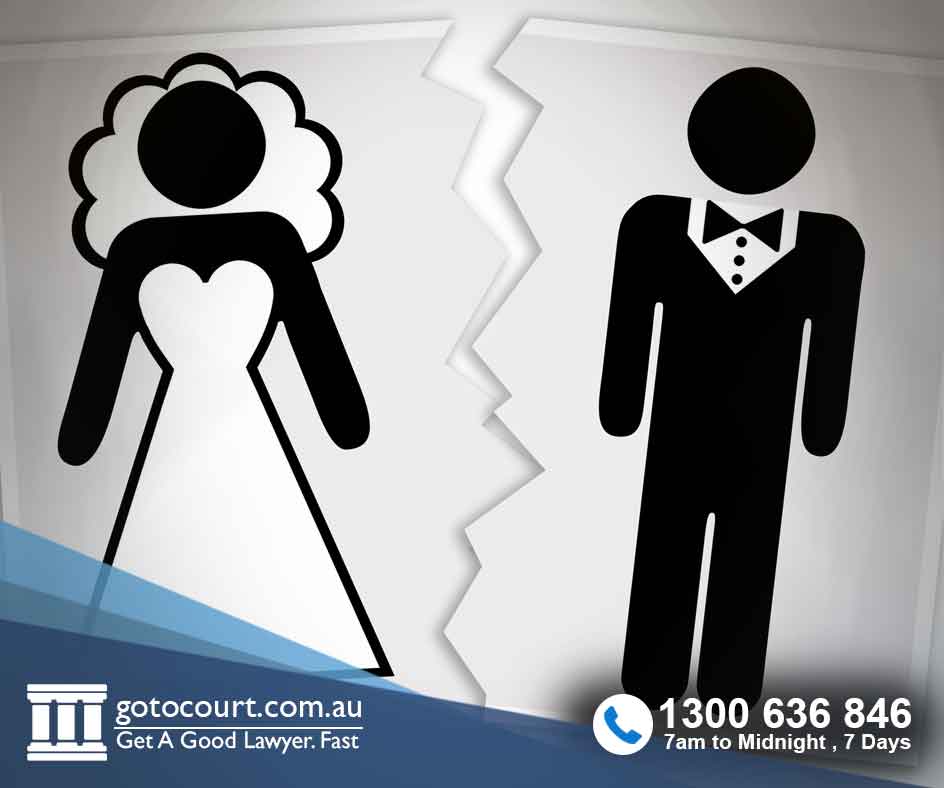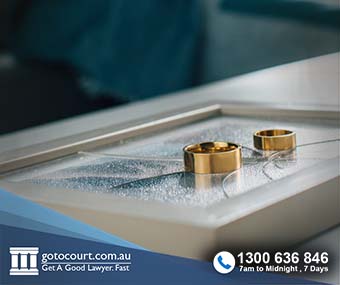Prepare for Divorce – 5 Matters to Consider
Prepare for Divorce – 5 Matters to Consider
Why Prepare for Separation?
A failure to prepare for separation and divorce – the dissolution of a relationship – will often cause greatly increased costs to both parties, higher levels of mental stress and worry, time inconvenience, and possibly a large increase in personal conflict and emotional distress. Many couples who have enjoyed a long-term relationship are frequently surprised by how intertwined their lives have become. They can also be quite shocked by the difficulty they experience with extricating themselves from each other’s lives, especially where there are children born to the relationship and/or where valuable assets have been accumulated within the marriage.
When one party or both decide to end their marriage and to apply for a divorce decree, careful preparation can lower the overall inconvenience and upset experienced by all parties. Unfortunately, in such circumstances, it is uncommon for the parties to communicate with each other effectively. It is for this reason that engaging a lawyer at an early stage to act as your representative to assist with the transition. Go To Court Lawyers are leaders in the field of family law and can assist people seeking a divorce to make the best decisions for their individual futures.
Divorce is dealt with under the Family Law Act 1975 (Cth) (the Act), supported by a large body of case law, which defines many of the matters that need to be undertaken by people seeking to divorce. However, before filing for a divorce, there are a range of matters that couples need to consider and address. While each couple’s situation will be different, there are some general matters to which all couples can attend in preparation for separation and the final dissolution of their marriage. Many of these matters also need to be addressed by de facto couples but the existence of a formal marriage contract adds a significant legal dimension to the separation process. Married couples who are considering a divorce need to meet various legal obligations, and come to an agreement over a range of matters, to ensure that the divorce decree can be handed down without significant delay.
Briefly, the tasks to prepare for separation and divorce can be summarised as follows:
1. Take time to prepare and understand – how well this is done may seriously affect the outcome;
2. Research everything you need to know – knowledge is a powerful tool;
3. Understand the legal process as far as possible – it may save money, time and much anxiety later.
Examine carefully the legal advice provided by your lawyer and ignore bush-lawyer advice from friends and family.
Five Practical Matters To Consider
1. Separation and Living Arrangements
All parties, the separating couple and any children or other dependents, need to prepare for separation by considering who is going to live where, and with whom. The number of variations is almost unlimited – from families living together without the parents being a couple to a complete fracturing of the family unit supported by a written agreement which establishes everyone’s living and visiting arrangements in advance. Points to consider include:
- Before a divorce decree can be made, the couple seeking the divorce must have been separated, i.e. not living as a married couple, for twelve months or longer. However, they are not required to live at separate addresses to declare that they are separated for the purposes of the Act.
- Where there are children or pets involved, decide the minimum accommodation standard required to provide a stable, healthy environment for all, and then work toward that goal.
- Try to establish whether the best outcome would be for one party to relocate immediately or whether the family’s best interest is served by continuing to reside together. This will possibly depend on the level of rancour and discord in the home, and whether the parties’ financial situation will allow for two residences.
2. Children
Arguably, considering the needs of any children dependent on the relationship is the most critical of all considerations when people prepare for separation and divorce. This may include children conceived jointly or children from previous relationships. Matters for consideration with respect to the children include:
- It is absolutely essential that children are protected as far as possible from the ill-feelings generated by the separation. Children are dependent on both parents for physical and emotional security – it is essential that both parents put their personal differences aside when dealing with their children. Courts tend to deal harshly with people who put their own interests ahead of their children’s.
- Children have a right to access those who they love and those who care for them. This extends out to grandparents and other family members. Where the couple have physically separated, they should attempt to establish a stable arrangement for each partner to access the children on a regular basis as soon as possible. This agreement does not initially have to be formalised, but must serve the best interests of the children. Parents who resist allowing access to their former spouse usually find that the divorce process becomes more difficult and costly. The court will not allow one parent to refuse access to the other where there is no danger to the children from domestic violence.
3. Documents
Much in life depends on the availability and accuracy of documents. To prepare for separation and divorce, it is essential that at least one party has a complete portfolio of all relevant documents ready. These include:
- As soon as possible after the decision to separate has been made, the family’s documentation should be collected and held together. This may include passports (especially); the marriage certificate; any Wills or other post-mortem instructions; naturalisation and/or change-of-name papers; driver’s licences, Medicare cards, and other personal identification documents; bank books and statements; lease documents for the primary residence; and any mortgage documents or Certificates of Title to the primary residence or any other real assets; lease documents for any investment properties with tenants; and copies of any prenuptial agreement.
- It is particularly important for documents to be gathered early when one spouse exerts commanding control over the family and who might seek to derail the divorce process by refusing to cooperate or provide information.
- Where original documents are not available, photocopies should be obtained where possible.
4. Finances
When a couple begins to prepare for a separation, financial considerations will generally become one of the most divisive and contentious matters they will need to consider. When a couple starts to prepare for separation, they generally find that the potential separation will place a significant burden on their joint and separate finances which neither party is prepared for to accept. Separating couples should address the following financial matters :
- Undertake a comprehensive audit of the family’s joint and separate financial situation and record the details in writing. This information will be used by the court to assist with the settlement process.
- Include a comprehensive list of all major assets with an estimated or real valuation. Include any cash revenue from investment properties, stocks, or other assets including superannuation holdings by both parents.
- Decide whether it is appropriate to close any joint accounts or to restrict access to cash reserves by one spouse.
- Get immediate financial advice if the family finances are dire.
- Do a budget to determine whether both partners can afford to live separately, care for the children, and pay the bills.
- Consider the best approach to any jointly-held credit cards or other debt instruments. Often the best option is to close any joint account as this prevents future arguments about who spent what.
5. Communication
- Separating couples should keep open the lines of communication to each other as far as this is possible.
- Control the information – stay away from social media and do not discuss the details of the separation in the public domain. Social media posts will be scrutinised by the court as necessary and may have a negative effect on the divorce settlement. In particular, separating couples should avoid posting anything of a sexual or financial nature on social media, and should never make accusations or defamatory statements about their former spouse.
- Spouses should avoid bad-mouthing the other spouse to their children – even when they are on the receiving end of abuse and criticism.
The separation and divorce process can be difficult, exhausting and financially disastrous to a family. Taking care of the above can mitigate many of the problems and lessen both the cost and harm associated with the process of obtaining consent orders and a property settlement. If you need advice on the separation and divorce process, contact Go To Court Lawyers immediately for an appointment to discuss your situation. The sooner you understand your legal position, the fewer issues that will be experienced as the process proceeds.

Affordable Lawyers
Our Go To Court Lawyers will assist you in all areas of law. We specialise in providing legal advice urgently – at the time when you need it most. If you need a lawyer right now, today, we can help you – no matter where you are in Australia.How It Works




1. You speak directly to a lawyer
When you call the Go To Court Legal Hotline, you will be connected directly to a lawyer, every time.

2. Get your legal situation assessed
We determine the best way forward in your legal matter, free of charge. If you want to go ahead and book a face-to-face appointment, we will connect you with a specialist in your local area.

3. We arrange everything as needed
If you want to go ahead and book a fact-to-face appointment, we will connect you with a specialist in your local area no matter where you are and even at very short notice.
















